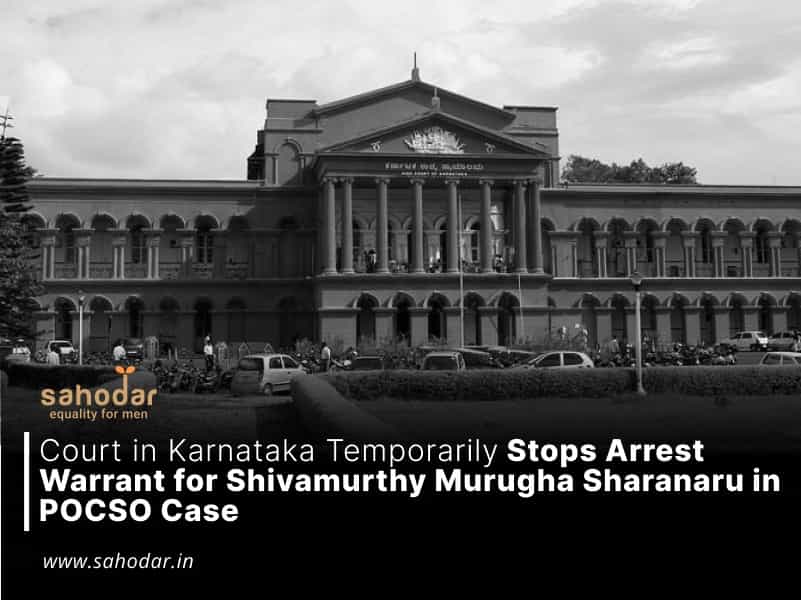Justice Suraj Govindaraj observed that the actions of the trial court were contrary to an earlier order passed by the High Court.
On the present day, the Karnataka High Court interposed by issuing a stay on the extant non-bailable warrant against Dr. Shivamurthy Murugha Sharanaru, the spiritual head of Murugha Mutt, pertaining to a subsequent case under the auspices of the Protection of Children from Sexual Offences Act (POCSO Act). The initial issuance of the warrant transpired under the jurisdiction of Second Additional Sessions Judge BK Komala in the Chitradurga district but was promptly subjected to a moratorium by the High Court.
Of antecedent note, the High Court had heretofore granted interim bail to Dr. Shivamurthy Murugha Sharanaru on November 8, vis-à-vis the primary case, with the stipulation that he abstain from interfering with evidentiary matters and remain extrinsic to the geographic confines of the district until the conclusion of the trial. Subsequent to this, Justice Suraj Govindaraj scrutinized the actions of both the trial court and the public prosecutor, discerning an incongruence with the directives of the High Court in the precedent case.
The first case involves allegations of sexual transgressions against two minors within the precincts of the Mutt’s hostel, whereas the second case posits charges of sexual assault upon the adolescent daughter of a former Mutt employee.
The non-bailable warrant emanated from the trial court, prompted by the revelation proffered by the public prosecutor that Dr. Shivamurthy Murugha Sharanaru refrained from physical appearance in court, opting instead for virtual participation via video conferencing. Disgruntled by this development, Dr. Shivamurthy Murugha Sharanaru invoked the jurisdiction of the High Court pursuant to Section 482 of the Code of Criminal Procedure (CrPC), preserving the inherent powers of the High Court.
The High Court expressed disquietude over the purported lack of cognizance exhibited by the public prosecutor with regard to the High Court’s extant order in the antecedent case, which expressly mandated the ecclesiastical figure’s abstention from the Chitradurga district. Furthermore, the Court underscored that the aforementioned order, duly referenced by Dr. Shivamurthy Murugha Sharanaru, had been inadequately acknowledged by the trial court. Emphasizing the geographical proscription, the Court expounded that the injunction against entering Chitradurga District extends to encompass any legal proceedings involving the ecclesiastical figure within the confines of the district.
“Once there is a restriction imposed by this Court restricting the petitioner from entering Chitradurga district, it would not only apply to cases from which the petition arose out of, but also to all proceedings pending in Chitradurga district,” it said.
The Court noted that the issuance of the order inflicted severe injustice upon Murugha. Consequently, the Court intervened by staying the warrant and directing the immediate release of Murugha from the Chitradurga District Jail.

